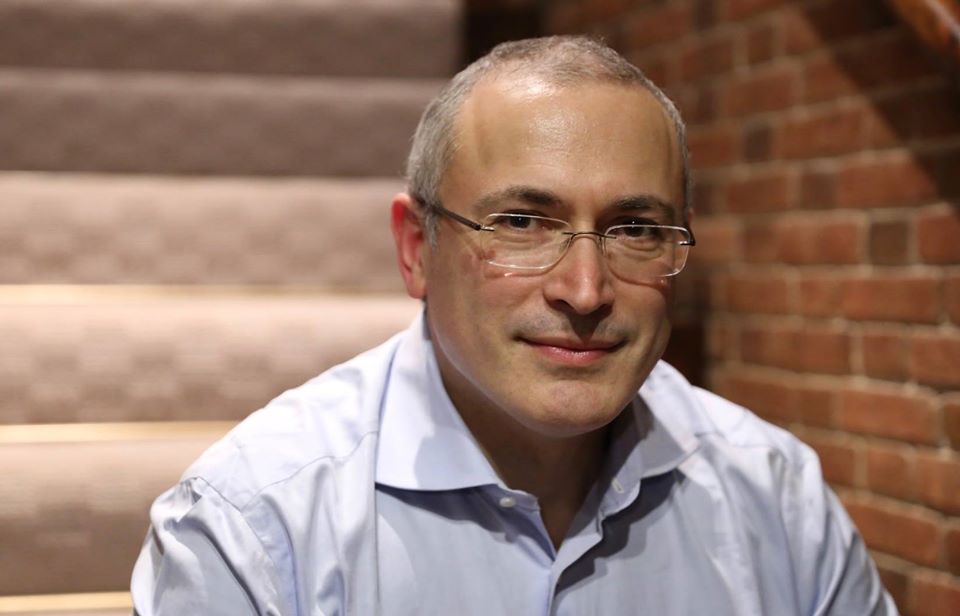Summary Biography

A successful businessman, Khodorkovsky was head of YUKOS, one of the world’s largest oil producers, where he established international management codes of practice, and substantially increased production.
As a pioneering philanthropist, he established the Open Russia Foundation in 2001 with the aim of building and strengthening civil society in Russia. Having been one of the earliest supporters of democratic change, Khodorkovsky criticised endemic corruption at a televised meeting with President Putin in early 2003. Later that same year he was arrested, and jailed on charges of tax evasion and fraud, charges, which he denied and vigorously defended. Khodorkovsky was sentenced to fourteen years in prison. He was declared a prisoner of conscience by Amnesty International; and finally released in December 2013.
In 2014, the Hague Permanent Court of Arbitration ruled that the Russian Government had violated international law by taking YUKOS from its shareholders, for political purposes, described as a “full assault on Yukos and its beneficial owners in order to bankrupt Yukos and appropriate its assets while, at the same time, removing Mr. Khodorkovsky from the political arena.”
As the leader of the Russian opposition and the founder of the Open Russia movement, Khodorkovsky advocates for an alternative vision for his country: a strong and just state, based on a parliamentary republic model and committed to observing human rights, free and fair elections, and the rule of law while campaigning for building a strong civil society in Russia.
Khodorkovsky is a founder of NEST Centre that brings together expertise on Russia and the surrounding region.
Oscar-winning documentarian Alex Gibney covered Mikhail Khodorkovsky’s life story in his latest film Citizen K which is currently featured on Amazon Prime.
